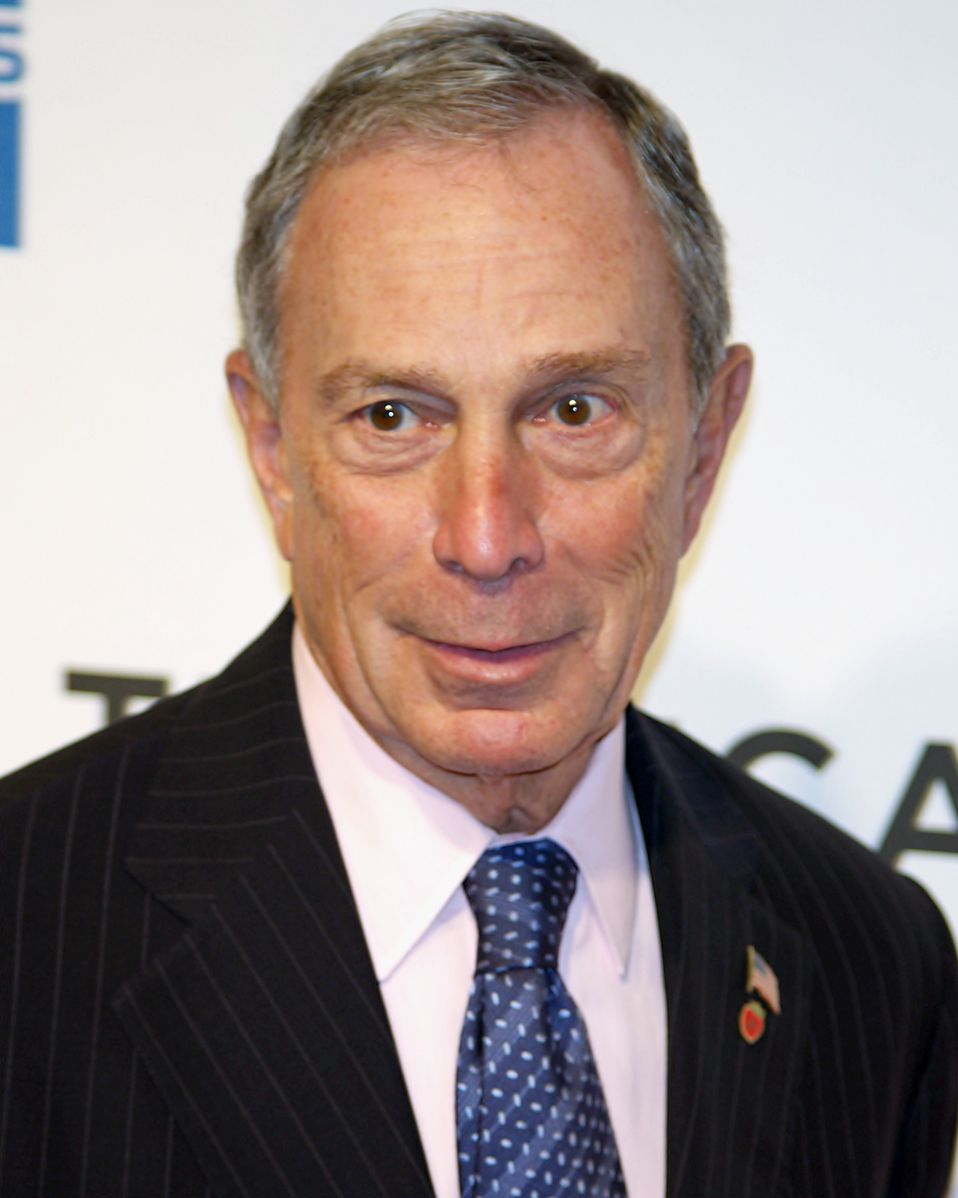New York's Bloomberg Problem
The problem of political corruption pervades both New York City and New York state politics. So much so, in fact, that New York recently earned a 'D' on a political integrity test that examined internal auditing practices, financial disclosures, legislative accountability, and political financing in state and local politics. Unable to ignore this glaring issue, Governor Cuomo convened the "Moreland Commission to Tackle Public Corruption", which found that much of the behavior of New York's politicians was, “deplorable conduct…perfectly legal, yet profoundly wrong.”
Former Mayor Michael Bloomberg’s involvement with his own philanthropic association, Bloomberg Philanthropies, highlights the corrupt nature of city politics as detailed in the Moreland Commission's report. Bloomberg—by reaching out to his friends or dipping into his own pockets—circumvented budgetary issues and created new programs like the Young Men’s Initiative (a public-private partnership between the city and Bloomberg Philanthropies)—actions that other, less wealthy candidates would be unable to carry out.
On its face, this seems unproblematic; if the public benefits from the new programs without having to pay, what is the harm being done?
The existence of a significant philanthropic organization to finance city initiatives should not worry us. However, we should be worried when a sitting politician is deeply involved with these initiatives. Essentially. Bloomberg could have been able to ‘buy’ votes by utilizing funding resources unavailable to other city employees or mayoral candidates.
Furthermore, the amount the organization gives denotes an ability to affect significant change: Bloomberg himself has donated more than $2.4 billion, and in 2013, his organization distributed $452 million, according to the organization’s website. Few people in the world have that kind of money, much less a group of potential candidates for political office. Mixing money and politics ruins the political process by advantaging specific groups over others, as was evident in Bloomberg’s use of his own philanthropic association.
The ability for Bloomberg to preside over, or direct his philanthropic organization while also being in office signifies a broken political financial system Bloomberg’s tenure as Mayor of New York City was therefore a betrayal of the citizens’ of New York City’s trust.
So what is there to do?
Although the Moreland Commission examined charities and their involvement with political entities, it only investigated them for the mis-direction of funds benefitting a family member. In order to end this pervasive trend of political corruption – some of it perfectly legal, yet profoundly wrong – Governor Cuomo must direct the State Senate or Assembly to legislate involvement of political leaders in 501c3 or other nonprofit organizations.
The primary focus of the Moreland Commission preliminary report was on the theft of public resources, rather than the general abuses of office that occur when politicians are involved with other organizations that, when funding city initiatives, somehow benefits them. The rhetoric regarding public corruption therefore needs to change to include any abuse of office, or in reality, any misbehavior that can privilege one politician over another. Organizations like “Common Cause New York” are fighting for a basic political right—fair elections—yet even in this case, they are unable to effect change due to the unwillingness of lawmakers to cooperate, thus requiring prosecutors to deal with New York’s ancient and significantly biased laws related to corruption.
In order to right these aforementioned wrongs, New York must take the steps outlined in the Moreland Commission’s Preliminary Report specifically related to the increased disclosure of outside income and lobbyist relationships. By increasing transparency of politicians’ other allegiances – whether they are through private interest groups and lobbying or even through philanthropic associations – New York can educate voters on these other factors affecting politicians’ interests.

